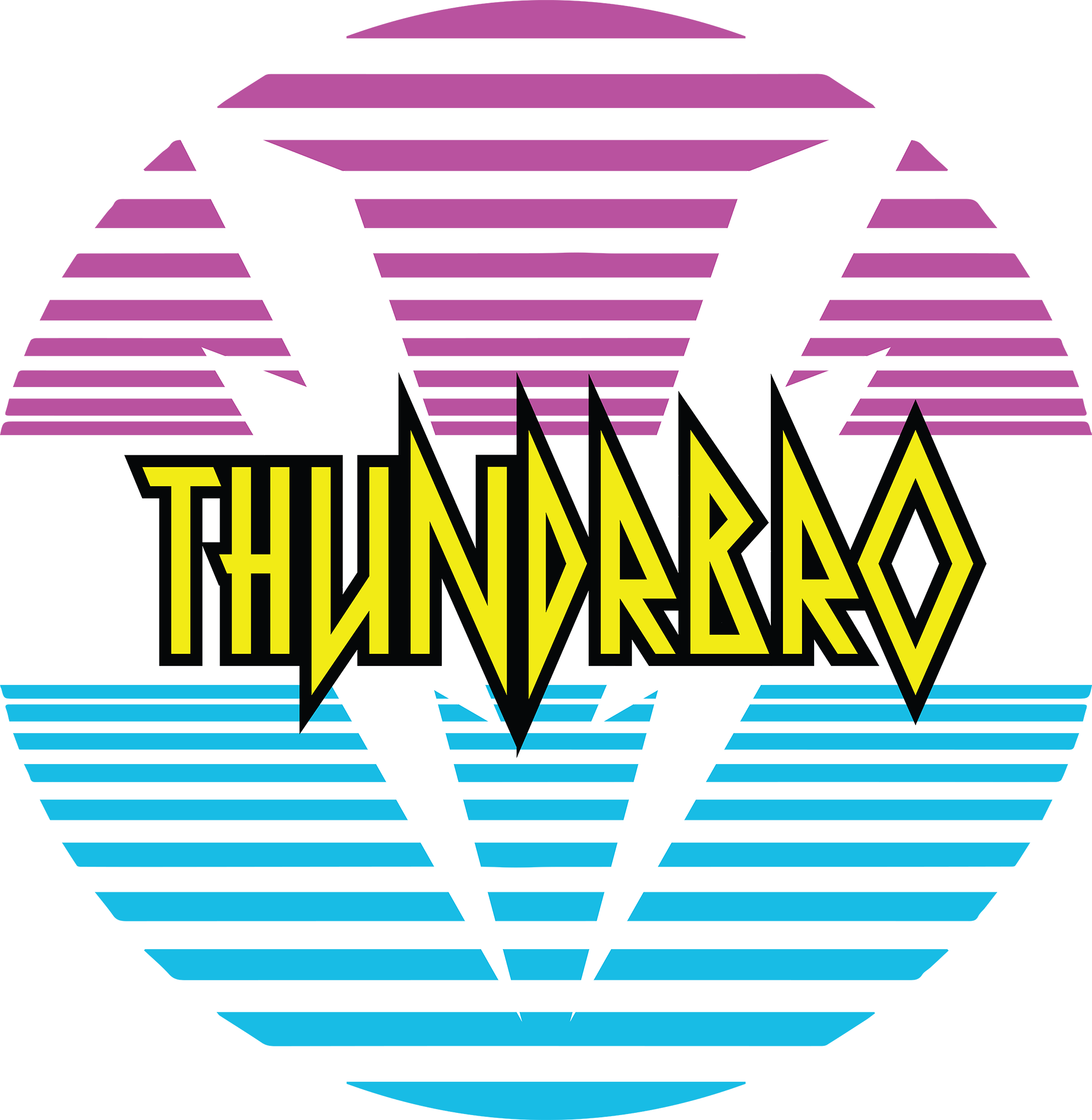When it comes to functional hypertrophy, it’s not just about lifting heavy or chasing the pump—it’s about intelligently combining muscle-building with athletic performance. Whether you're an athlete training for CrossFit, HYROX, or competitive sports, integrating targeted muscle group training with functional strength work can help you build real-world power, endurance, and durability.
The key? Supplementing your functional training with focused hypertrophy work to enhance strength, stability, and performance.
1. What is Functional Hypertrophy?
Unlike traditional bodybuilding, which focuses on maximizing muscle size, functional hypertrophy is about building muscle that enhances performance. This type of training:
- Increases strength in movement patterns used in sports and daily life
- Improves muscle endurance and fatigue resistance
- Enhances explosiveness and agility
- Builds resilient joints and connective tissues to prevent injuries
Functional hypertrophy bridges the gap between aesthetic muscle growth and athletic performance, making it perfect for CrossFitters, HYROX competitors, and functional fitness athletes.
2. The Role of Targeted Muscle Group Training
Functional training often prioritizes movement patterns over muscle groups, but incorporating isolated hypertrophy work can fill the gaps in strength, stability, and muscular endurance.
Why Add Targeted Training?
-
Strengthens weak links in compound movements (e.g., improving triceps for stronger pressing)
-
Increases time under tension, which boosts muscle fiber recruitment and growth
-
Balances muscular development, reducing injury risk in high-volume training
-
Enhances joint integrity, making you more resilient in dynamic workouts
By integrating focused muscle group work, you can optimize performance without sacrificing functionality.
3. Best Targeted Training Strategies for Functional Athletes
To complement CrossFit, HYROX, or functional strength training, use targeted hypertrophy to reinforce muscle endurance, strength, and movement efficiency.
1. Upper-Body Muscle Endurance for Pulling & Pressing
-
Why? Strengthens pulling muscles for rope climbs, deadlifts, and cleans, while improving pressing stability for burpees, thrusters, and overhead work.
-
Exercises:
-
Chin-Up & Pull-Up Variations – Enhance grip strength and pulling power
-
Dumbbell Z-Press – Builds overhead stability & core activation
-
High-Rep Dips & Push-Ups – Mimic real-world pushing endurance
2. Leg Power & Endurance for Running & Jumping
-
Why? Essential for HYROX sled pushes, running performance, box jumps, and Olympic lifts.
-
Exercises:
-
Bulgarian Split Squats – Build single-leg stability and balance
-
Banded Hamstring Curls – Strengthen the posterior chain for explosive movement
-
Sled Drags & Heavy Carries – Improve real-world strength transfer
3. Core Training for Stability & Power Transfer
-
Why? Core strength is the foundation for barbell cycling, kettlebell movements, and running efficiency.
-
Exercises:
-
Hanging Knee Raises & Toes-to-Bar – Train dynamic core endurance
-
Single-Arm Carries & Rotational Slams – Build functional anti-rotation strength
-
Dead Bug Variations & Pallof Presses – Improve core control under load
4. Grip & Forearm Strength for Carrying & Climbing
-
Why? Crucial for deadlifts, farmer’s carries, rope climbs, and kettlebell work.
-
Exercises:
-
Farmer’s Carries & Heavy Dead Hangs – Boost grip endurance
-
Fat Grip Dumbbell Rows – Increase forearm strength and control
-
Plate Pinches & Towel Pull-Ups – Develop finger and hand endurance
4. How to Program Targeted Training with Functional Strength Work
Instead of replacing functional training, use targeted hypertrophy work as a supplement. Here’s how:
1. Add Isolation Work Post-Workout
- Finish your main strength or WOD (Workout of the Day) with 3–4 targeted hypertrophy exercises.
-
Example: After a heavy squat day, finish with single-leg work and hamstring curls.
2. Train Weak Points on Active Recovery Days
- Use lower-intensity sessions to target specific muscle groups without overtraining.
-
Example: On a rest day, do banded rows, grip work, and core stability drills.
3. Utilize Controlled Tempo & High-Rep Work
- Functional training often focuses on power & speed, but hypertrophy work should emphasize time under tension.
-
Example: Instead of bouncing out of a squat, use 3-second negatives & controlled pauses.
4. Cycle Focus Areas Weekly
- Rotate muscle groups throughout the week to avoid overtraining.
-
Example Schedule:
-
Monday: Upper Body (Pulling)
-
Wednesday: Lower Body (Single-Leg Focus)
-
Friday: Core & Grip Strength
5. Sample Functional Hypertrophy Training Split
| Day |
Focus |
Example Workouts |
| Monday |
Upper-Body Strength & Endurance |
Pull-Ups, Z-Press, Dips |
| Tuesday |
Lower-Body Strength & Explosiveness |
Bulgarian Split Squats, Sled Drags |
| Thursday |
Core Stability & Rotational Power |
Hanging Knee Raises, Dead Bugs |
| Saturday |
Grip Strength & Carry Work |
Farmer’s Carries, Plate Pinches |
This plan ensures progressive muscle growth, injury prevention, and functional power gains.
Final Thoughts: Combining Muscle & Function for Peak Performance
By supplementing functional training with focused hypertrophy, you can:
-
Improve athletic durability for CrossFit & HYROX performance
-
Maximize movement efficiency while enhancing muscle endurance
-
Strengthen weak links to avoid imbalances and injuries
Key Takeaways for Targeted Functional Training:
✔ Use isolated hypertrophy work to reinforce movement patterns
✔ Train weak points post-workout or on recovery days
✔ Emphasize time under tension & controlled tempo reps
✔ Cycle focus areas to balance functional strength & muscle endurance
Want to Build Muscle & Perform Like an Athlete?
Train smarter with Thundrbro’s Muscle Anarchy functional hypertrophy programs for men and women —where strength, endurance, and aesthetics come together.
CLICK TO JOIN THE MUSCLE ANARCHY BUNDLE OR TOTAL BABE BUNDLE

